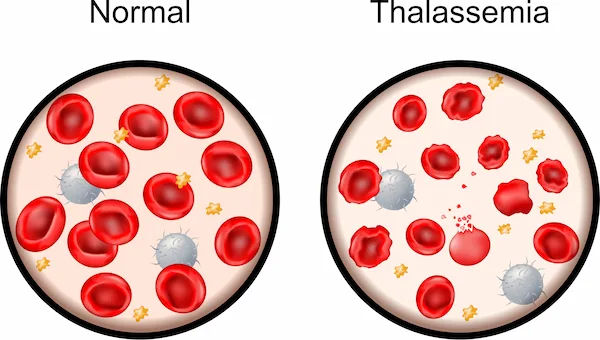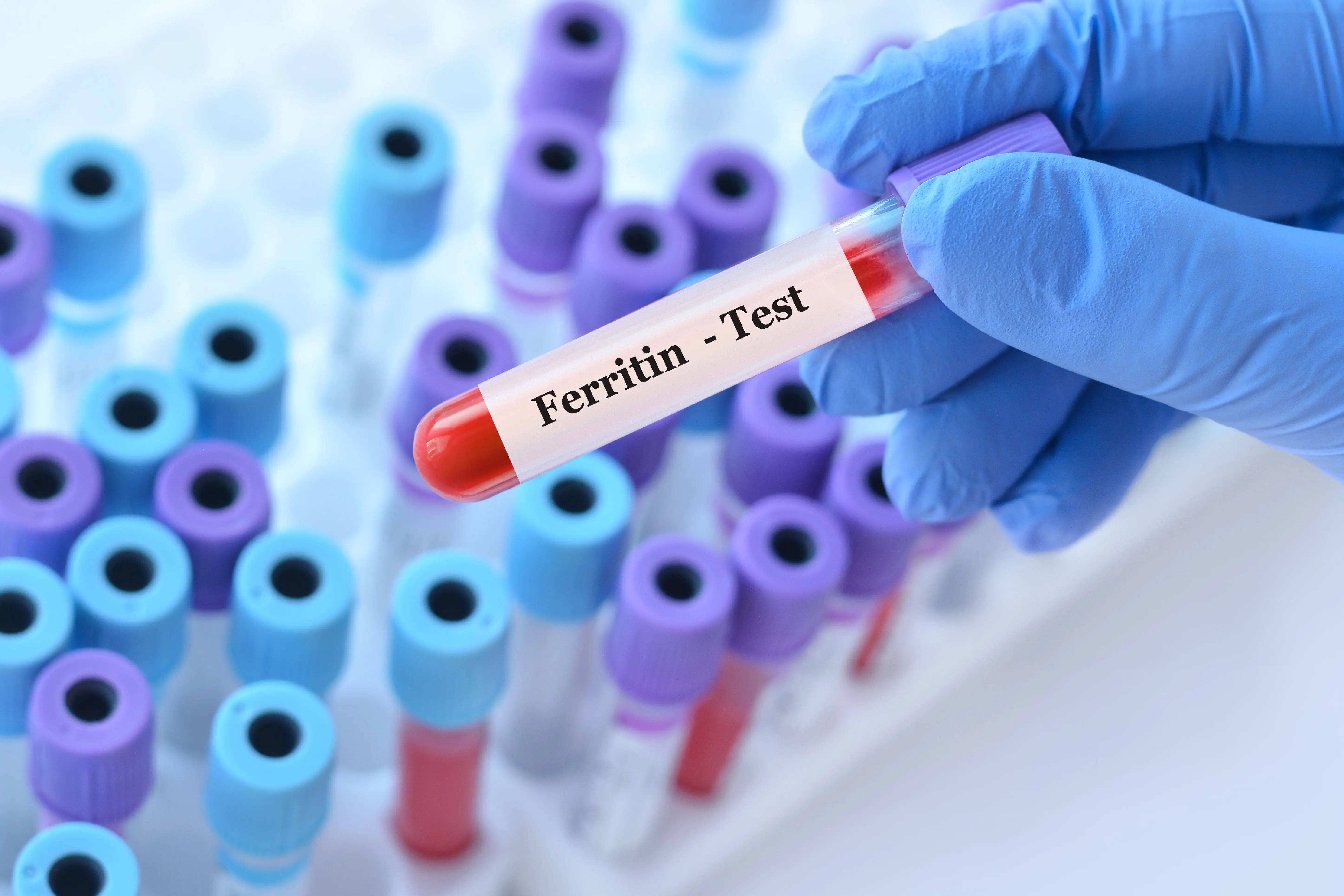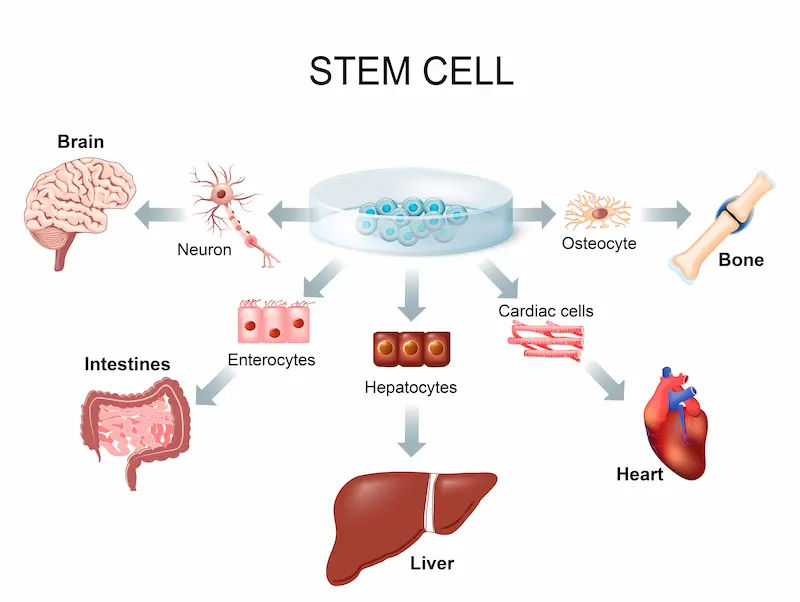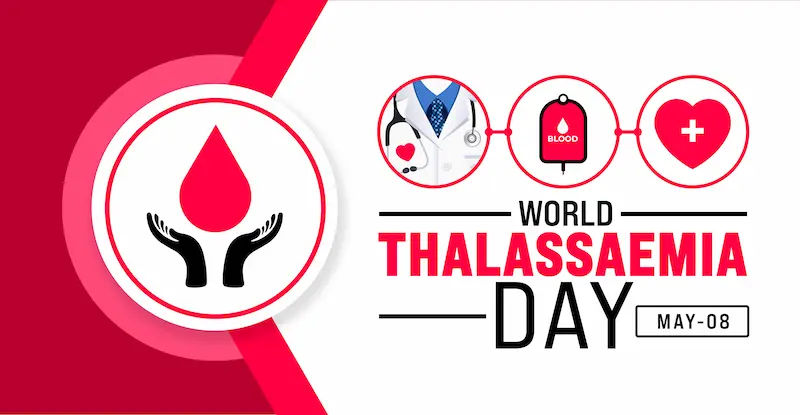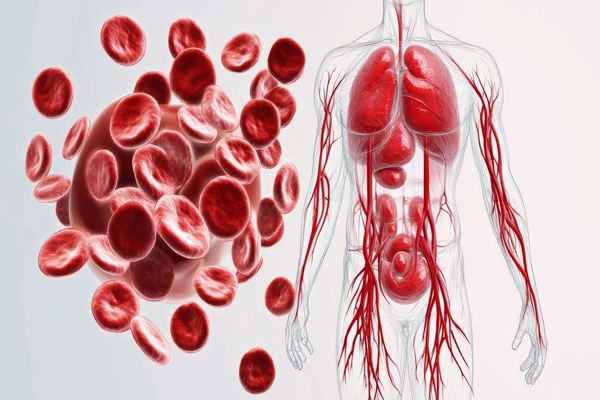- Male
- 48 Years
- 29/01/2025
My dad, who's 48, was diagnosed with COVID-19 a month ago but he's feeling fine now, no symptoms or anything. Recently, his blood test showed d-dimer levels at 1440 and LDH at 239. The doctor put him on anti-coagulation medicine. He doesn't have high blood pressure or diabetes. I'm a bit worried and have a few questions: Does a high d-dimer mean he has high cholesterol? Is it safe for him to eat chicken and mutton kheema? What foods should he avoid and what should he include in his diet now?
Answered by 1 Apollo Doctors
- Does high d dimer means high cholesterol? High d-dimer levels do not necessarily indicate high cholesterol. D-dimer is a marker of blood clot formation and breakdown in the body, and elevated levels can be seen in various conditions such as deep vein thrombosis, pulmonary embolism, and disseminated intravascular coagulation. It is not directly related to cholesterol levels. 2) Can he eat chicken and mutton kheema? Yes, your father can eat chicken and mutton kheema. It is important to ensure that the meat is cooked thoroughly to reduce the risk of any foodborne illnesses. Including lean proteins like poultry and lean cuts of meat can be a part of a healthy diet. 3) What to avoid and what to include in diet? It is important for your father to follow a healthy and balanced diet to support his recovery and overall health. He should avoid foods high in saturated fats, trans fats, and cholesterol. Instead, he should focus on consuming a variety of fruits, vegetables, whole grains, lean proteins, and healthy fats. It is also important to stay hydrated and limit the intake of processed foods, sugary beverages, and excessive salt. Regular physical activity and maintaining a healthy weight are also important factors in managing overall health.
Dr. Kareemulla Suggests...
Consult a Haematologist
Answered 04/07/2025
0
0

More Haematology Health Queries
View allI'm a 31-year-old woman, and lately, I've noticed some weird bruising showing up on my upper thighs. They're like a light brown color, and they go away in about a week or so, but then new ones pop up. There's also a small bruise on my left breast where my bra underwire hits, and its been there for more than two weeks now. What's weird is none of these bruises hurt. Oh, and just this past week, I've started having knee pain on my left leg too. My family doesn't have a history of diabetes or thyroid issues, and Ive never been hospitalized before. What do you think could be going on?
Passing out (syncope) after a tooth extraction is not uncommon, but it's not entirely normal either. Here are some possible reasons why it might have happened: *Possible Causes* 1. *Blood loss and dehydration*: Although tooth extraction is a relatively minor procedure, some blood loss and dehydration can occur. This might lead to a temporary drop in blood pressure, causing dizziness or fainting. 2. *Pain and stress*: The physical and emotional stress of the procedure can cause a vasovagal response, leading to a sudden drop in blood pressure and heart rate, resulting in fainting. 3. *Anesthesia and sedation*: If you received local anesthesia or sedation during the procedure, it might have contributed to dizziness or fainting. 4. *Underlying medical conditions*: Certain medical conditions, such as low blood pressure, anemia, or heart conditions, can increase the risk of fainting. *What to Do Now* 1. *Rest and hydration*: Rest and drink plenty of water to replenish lost fluids. 2. *Monitor your condition*: Keep an eye on your temperature, blood pressure, and overall well-being. If you experience severe symptoms, such as difficulty breathing, chest pain, or severe bleeding, seek immediate medical attention. 3. *Follow up with your dentist*: Schedule a follow-up appointment with your dentist to ensure the extraction site is healing properly and to discuss any concerns you may have. Remember, while fainting after a tooth extraction is not uncommon, it's essential to monitor your condition and seek medical attention if you experience any severe symptoms.
Answered by 1 Apollo Doctors
I recently had a blood test and they poked me with a needle, but the doctor couldn't find the vein right away and kind of moved it around under my skin. That was a few days ago, and now there's this light green patch where they poked me. I'm a bit worried because I thought bruises were usually blue or black. Is this light green color something I should be concerned about?
Thats called echymosis no need to worry it will self resolve if its bothering you much use thrombophobe ointment it will help you
Answered by 1 Apollo Doctors
I'm dealing with a really low hemoglobin level, it's currently at 4. I'm quite concerned about this and unsure what to do next. I don't have any other health issues though. Can you suggest what steps I should take?
Visit your Physician for evaluation and appropriate management
Answered by 1 Apollo Doctors
Disclaimer: Answers on Apollo 247 are not intended to replace your doctor advice. Always seek help of a professional doctor in case of an medical emergency or ailment.

